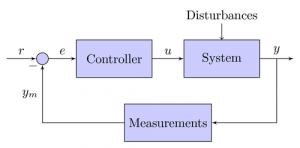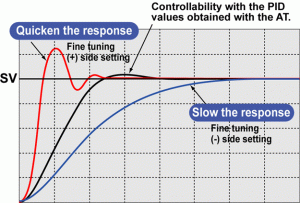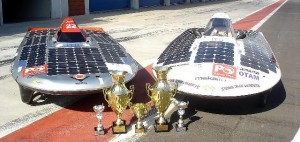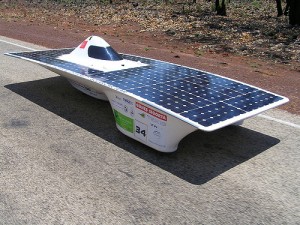Having spent many years in Control Engineering discipline and worked on many other relevant domains, I cannot go without expressing my thoughts about this wonderful magic. I find it very interesting, because it is basically applicable to any problem domain.
Control… And Engineering.. The act of controlling can be defined in many different ways, but I think the bottom line is, it aims to achieve a desired outcome. Just imagine you want to drive from point A to point B within a certain time-frame, controlling the speed and route can achieve you an optimal solution for that problem: optimal route, optimal speed. Frame an engineering approach to control, and Voila! we have control engineering (I am glad to say I am a proud control engineer :)).
What I liked about Control Engineering at first glance was, how it approached the problems from a systems perspective. Conceptually, Control Engineering discipline aims to map from the problem domain to an abstract domain via modeling and solves the real problem in the abstract level and maps the solution back to the problem domain.
The fundamental observation is that many problems from various disciplines exhibit the same characteristics once abstracted. Thus, it is possible to develop similar solutions in this abstract domain for problems from vastly differing problem domains.
Once the problem is abstracted, it can be expressed by block diagrams featuring controller, measurements(feedback) and plant(system) blocks. It all comes down to designing the controller in this abstract domain, that will achieve the desired system response.
Usually this abstract domain is the world of math, as it is the most abstract tool we have to model reality. These models can be differential equations, as well as statistical distributions, empirical or even black box type. Any system can be modeled one way or another let it be analytically, let it be probabilistically… and these are merely tools.
During my B.Sc. education in Electrical and Electronics Engineering department, these systems used to be electronic circuits, various types of motors, magnetic circuits etc and were dominantly modeled with differential equations . However, in my M.Sc. studies in Industrial Engineering, I have seen that these concepts are very well applicable to decision / planning problems in industry, which are much more interesting to me, because they involve humans in the loop, which drives a very realistic uncertainty. Thus, these models hugely rely on historical data for reasoning of the expected system outcomes.
The important thing to take away is that the model should convey the characteristics of the real system in sufficient detail (not too much, not too weak). The model defines a relationship between the inputs and the outputs of the system.
The idea of control is to achieve a desired system outcome, by manipulating the system inputs (decision variables). This involves many trade-offs. The optimal control problem is to find the best set of inputs to achieve certain goals. The definition of best corresponds to the objective functions, which is an abstraction itself.
For instance if the problem is to control a car travelling a certain distance, the speed and the path can be the decisions that have to be taken. If the speed is too high, the energy to be spent is too much. If the path is too aggressive, the stress in the equipment is too much. By modeling these constraints (i.e. max time to travel) and objectives (i.e. energy efficiency) an optimal solution can be found.
As crazy as it sounds, even the stock market can be modeled theoretically. Of course the significant problem is that there are too many disturbances, as well as too many inputs to make inferences on the input-output relationships from historical data and accurately estimate system outcomes.
In the control concept the importance of feedback is vital. Control without feedback is similar to driving with the eyes shut.
To conclude, taking this to a more abstract level, the most important control act being our path in life, we have to make sure our eyes are wide open to see where we are going, how it compares to what we aspire, what we really love..
Does this sound too control freak? Maybe…



